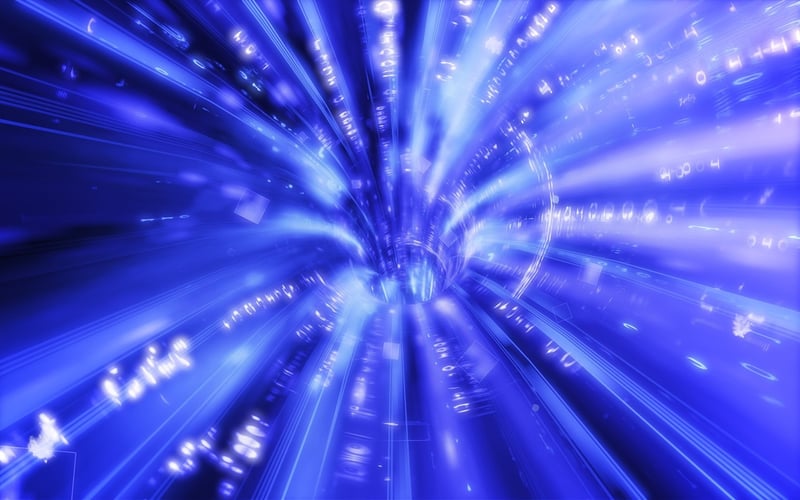Wormhole Generators

Unlocking the Secrets of Time Travel: Tools and Wormhole Generators
Time travel has long been a fascinating concept in science fiction, but recent advancements in theoretical physics have brought us closer to understanding its potential reality. While we may not have fully functioning time machines yet, scientists are exploring various tools and technologies that could one day make time travel possible.
1. Quantum Computers
Quantum computers have the potential to perform calculations at speeds that surpass even the most powerful supercomputers today. Their ability to process vast amounts of data and solve complex problems could be crucial in unlocking the mysteries of time travel.
Image source: Quantum Computer
2. Large Hadron Collider (LHC)
The LHC, located at CERN, is the world's largest and most powerful particle accelerator. Scientists use the LHC to study particle physics and explore the fundamental forces of the universe. Some theories suggest that manipulating the energies produced by the LHC could create microscopic wormholes, potentially opening the door to time travel.
Image source: Large Hadron Collider
3. Advanced Robotics
Robots equipped with artificial intelligence could play a crucial role in building and operating future time machines. Their precision, efficiency, and ability to withstand extreme conditions make them ideal candidates for handling the complexities of time travel technology.
Image source: Advanced Robotics
4. Wormhole Generators
Wormholes are theoretical tunnels in spacetime that could connect distant points in the universe or even different time periods. While wormholes have not been observed in reality, scientists are exploring the possibility of creating artificial wormholes using exotic matter or negative energy.
Image source: Wormhole
Conclusion
While time travel remains a speculative field of study, the tools and technologies being developed today bring us closer to unraveling the mysteries of the universe. From quantum computers to wormhole generators, scientists are pushing the boundaries of our understanding of time and space.
Image sources: Pixabay.com